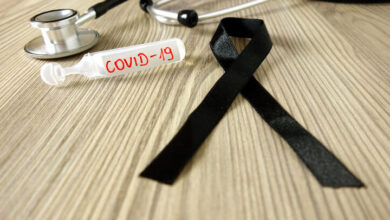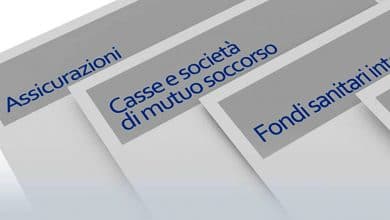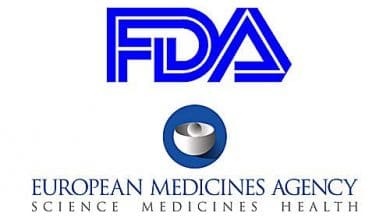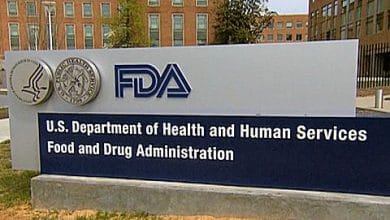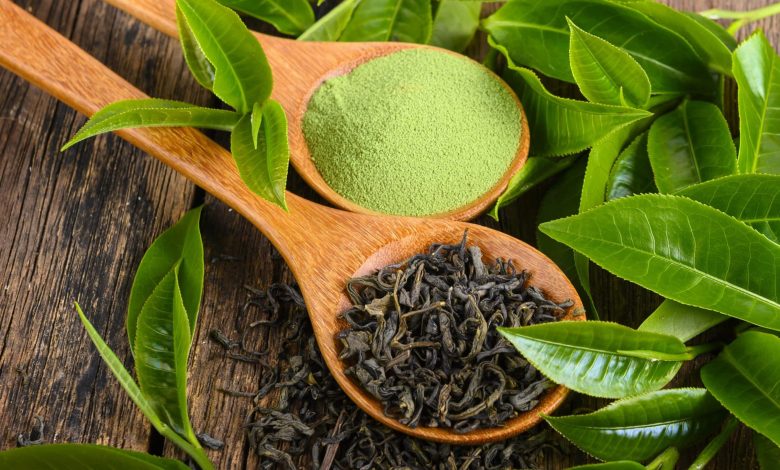
We receive and publish
After input from Norway, Sweden and Denmark the European Union has raised the doubt that some 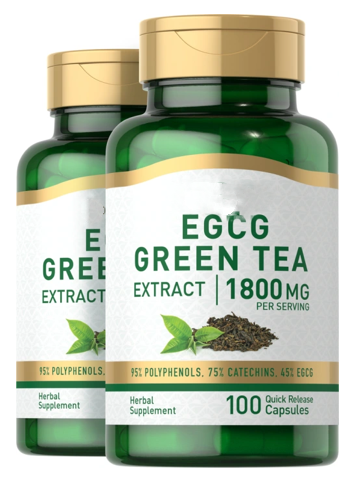 green tea compounds such as (-)-epigallocatechin-3-gallate (EGCG) can have hepatotoxic and even carcinogenic action if taken in quantities exceeding 800mg. However, recent in vitro studies have demonstrated the efficacy of this same compound in breaking down the tau fibers which cause Alzheimer's as well as a good anticancer action.
green tea compounds such as (-)-epigallocatechin-3-gallate (EGCG) can have hepatotoxic and even carcinogenic action if taken in quantities exceeding 800mg. However, recent in vitro studies have demonstrated the efficacy of this same compound in breaking down the tau fibers which cause Alzheimer's as well as a good anticancer action.
What are we doing? Are we unaware of the pharmacological potential of catechins and the interest of these researches? to listen to the crap of Norway and Europe?? Or do we do real scientific research?
The process of metabolization and pharmacodynamics of epigallocatechin gallate EGCG, if we want to consider erroneously as the European control agencies do individually the compounds of green tea and more generally of medicinal plants, is not at all simple, in fact, in addition to the interest of enzymes produced by our organism for oxidation, conjugation, etc., the action of the microbiota, i.e. the bacteria present at the level, must also be considered 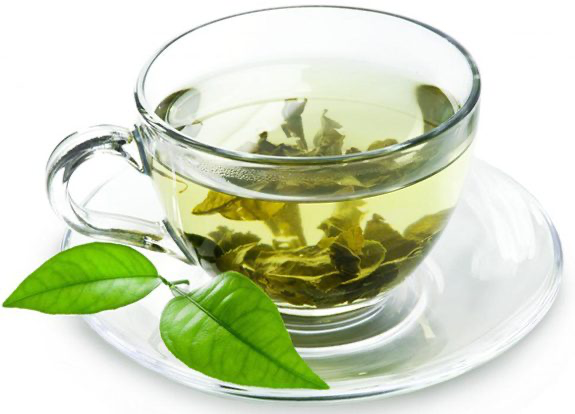 intestinal which have an important action in the degradation and biotransformation of the molecule.
intestinal which have an important action in the degradation and biotransformation of the molecule.
But as I have always said, taking into consideration a single molecule in a context of several natural substances present in an extract means extrapolating it from the biochemical reality in which it is found. In fact we must also consider other molecules present in green tea that can influence the final result of the metabolic process or simply the final action of the EGCG molecule accused, it is not clear why, only in hepatotoxicity supplements.
Paul Pellini
Herbochemist profession
Research Pharmacognostic and Cytotoxicological Evaluation on Plant Extracts of Medicinal Plants
Rome – Italy
E-mail: paolo.pelini@gmail.com
http://www.paolopelinierbochimico.it
Received in the editorial staff on October 13, 2022
Related news: Epigallocatechin gallate (or EGCG)
The healing properties of green tea
Verona Foundation. Green tea catechins are not a risk to the liver
Anticancer properties of epigallocatechin gallate (EGCG)
Note: A cup of tea green (200 ml) contains approximately: 142 mg of EGCG (epigallocatechin-3-gallate); 65 mg of ECG (epigallocatechin), 28 mg of ECG (epicatechin-3-gallate); 17 mg of Ec (epicatechin); 76 mg of caffeine (source say33)


